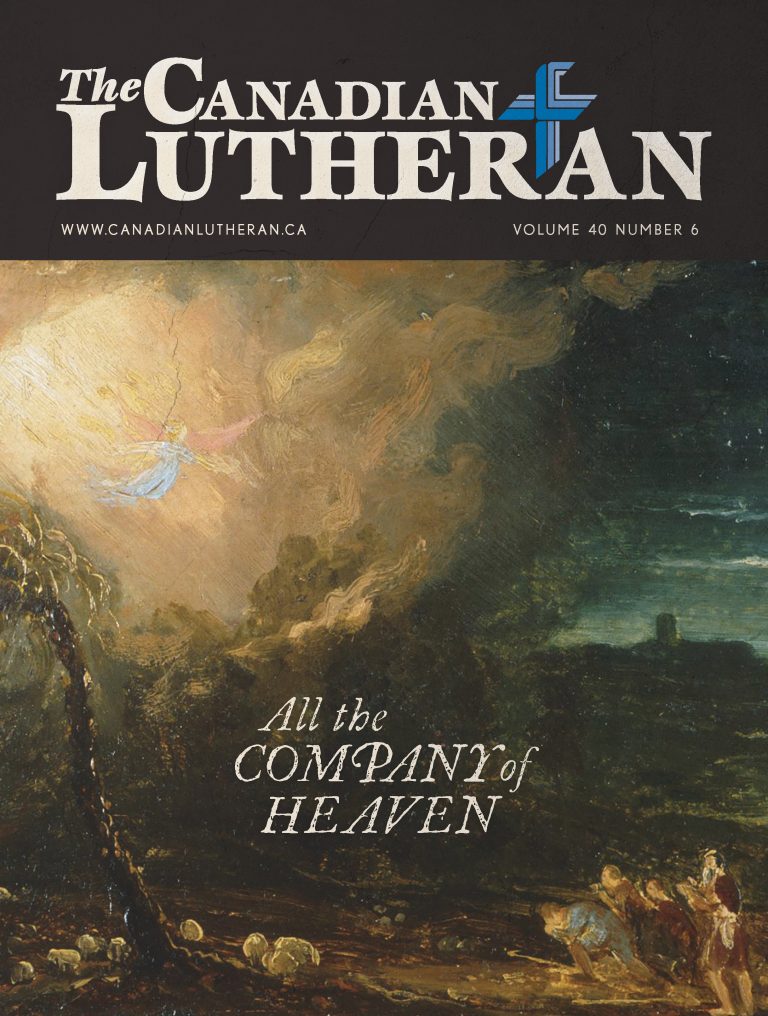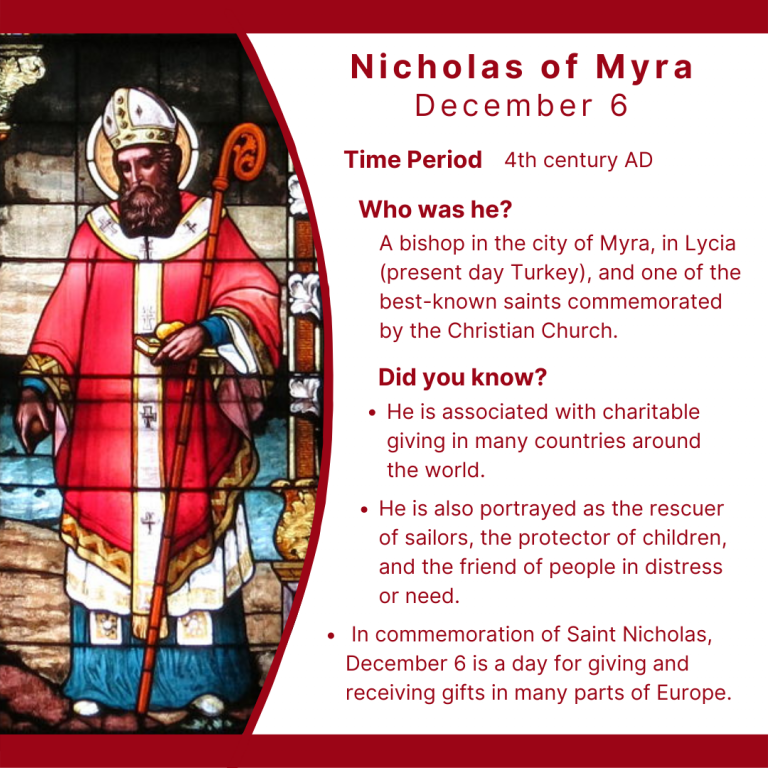“Man proposes, but God disposes:” Archaeology in Israel in the midst of war

by Stephen Chambers
You never know what kind of surprises you’re going to run across on an archaeological dig. Most of these surprises are pleasant, like finding a coin, an intact jar or bottle, or maybe even a stunning bit of fresco (see “It’s a Face!” in The Canadian Lutheran — December 2010). But the surprise on this year’s archaeological trip to Israel, sponsored by Concordia Lutheran Seminary, was a lot more challenging—that is, the outbreak of war between Israel and the Hamas organization that controls the Gaza Strip.
War itself is never a surprise in Israel. The ancient city our seminary group has usually focused on, Hippos, bounced between at least eight empires during its thousand-year history—Syrians, Egyptians, Greeks, Romans, Jews (several different dynasties), Christians, and Muslims. Remnants of 20th century wars abound on the dig-site too, as well as on the kibbutz we stay at and throughout the surrounding countryside. Even more, our first trip ended up coinciding with the 2006 war with Lebanon when more than 4,000 Hezbollah rockets were fired into the northern half of Israel. Several rockets landed a few kilometers from where we had been staying just hours after we left the area.
War itself is never a surprise in Israel.
This summer’s war with Gaza, however, forced us to make major changes to our plans. Our group of 16 volunteers, representing all three Districts of Lutheran Church–Canada, had planned to work at the ancient city of Lachish under the direction of Dr. Yossi Garfinkel from the Hebrew University of Jerusalem. We were excited about the prospect of helping to excavate this major Old Testament site, which was the second-biggest city in Israel shortly after the time of David and Solomon (9th century BC).

As rockets flew into Israel, members of the dig-team found evidence of older ballistic warfare.
But then the rockets starting flying out of the Gaza Strip into Israel on July 8, the same day we flew from Canada to Israel. Within two days the Lachish dig was cancelled. Because it lies just 35 km from Gaza and has neither an air-raid warning system nor appropriate shelter, the authorities decided on July 10 that the site was too dangerous to work at. We were still in Jerusalem, touring the city for three days before heading south to Lachish on Sunday, July 13. But just like that, with less than three days’ notice, our whole plan had to change.
Thankfully I had the right contacts to cobble together an alternative plan, fast. The only part of Israel that was out of range of the rockets was the exact area I’d stayed and worked in before—the Galilee. After four seasons’ work at Hippos with our friends from Concordia University in St. Paul, Minnesota, I had gotten to know Dr. Michael Eisenberg from the University of Haifa, who directs the dig project. He not only offered to make room for us but promised to open a brand-new area for part of our team to work in.
Our friends at Kibbutz Ein Gev also worked overtime to offer us a place to stay. This was not an easy task since the kibbutz was already hosting many refugees from the southern part of the country, including an entire village of disabled adults. But they found four bedrooms in which the 16 of us could sleep, and expanded the kitchen’s plans to feed us a hearty meal at the end of each day’s digging.
The third major re-alignment we had to figure out was transportation. Our original plan relied on a bus to get us to and from the dig-site every day and on two big vans for our touring on the weekends. But none of those vehicles were available anymore. So we rented a fleet of tiny hatchbacks instead and recruited members of our team to drive them. Convoying four vehicles certainly wasn’t ideal, especially since only one driver had a cell-phone. But because the traffic was usually pretty light, it worked out alright.

Concordia Lutheran Seminary (Edmonton) Professors Stephen Chambers and Jonathan Kraemer put their picks to work.
For the most part our team handled all of the disruption very well. We adopted the motto, “Expect the unexpected!” Instead of focusing on what we didn’t have, we gave thanks for the new things the Lord had provided for us instead. Our long-anticipated goal of digging at Lachish was offset by the chance to share in some spectacular work at Hippos, including the discovery of several human skeletons and a stunning gold and pearl necklace. Our smaller and rougher accommodations at the kibbutz were balanced by the wonderful opportunity to swim every day in the Sea of Galilee (which is actually a lake). Our plan to visit the Dead Sea and the Negev desert on our days off was more than matched by the extra time we got to spend in the north, including visits to major archaeological and Biblical sites like Tel Dan, Banias (Caesarea Philippi), and Caesarea Maritima.
Very often, though, life is like that. As the medieval theologian Thomas à Kempis put it, “Man proposes, but God disposes.” That’s an observation that seems to draw on Proverbs 16:9: “The heart of man plans his way, but the LORD establishes his steps.” The one sure thing we can count on is the Lord’s mercy toward us in Christ, which never changes. Everything else in life is contingent! (See also James 4:13-15.)
“Man proposes, but God disposes.” The one sure thing we can count on is the Lord’s mercy toward us in Christ, which never changes. Everything else in life is contingent!
Ordinarily, archaeological trips focus on what we can learn from the past. And certainly we were thrilled to once again uncover structures, small finds, and built environments that survive from long ago. But this year we learned just as much from the present, too. The Lord’s help in our time of need, and his grace in opening a new path when our pre-existing plan had to be cancelled, taught us afresh that we can always depend on his faithfulness to carry us through all of what an old liturgical prayer calls “the changes and chances of life” (LSB, “Compline,” p.257).
———————
Rev. Dr. Stephen Chambers has taught at Concordia Lutheran Seminary in Edmonton since 2002. He is currently Academic Dean and Professor of Exegetical Theology. This summer marked the fifth time since 2006 he has led a group of archaeological volunteers to Israel.



